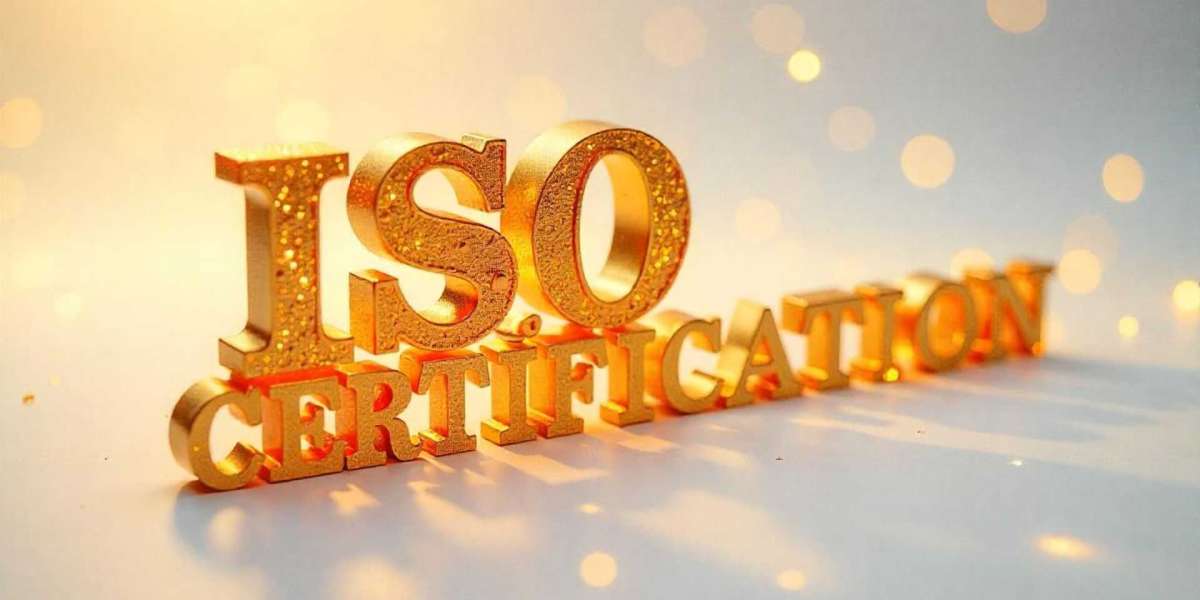Introduction
ISO certification has become a vital benchmark for businesses aiming to demonstrate their commitment to quality, efficiency, and continuous improvement. Developed by the International Organization for Standardization, these certifications help organizations streamline operations, meet regulatory requirements, and build trust with customers and stakeholders. Whether a small startup or a global enterprise, ISO certification plays a crucial role in business credibility and success.
What is ISO Certification?
ISO certification is a formal recognition that an organization adheres to international standards developed by ISO. These standards span a wide range of industries and business processes, including quality management (ISO 9001), environmental management (ISO 14001), information security (ISO/IEC 27001), and occupational health and safety (ISO 45001). Achieving certification involves implementing relevant standards and undergoing an audit by a recognized certification body.
Importance of ISO Certification
ISO certification offers numerous benefits. It improves internal efficiency by encouraging the adoption of standardized procedures and quality controls. Externally, it enhances customer confidence, as the certification assures clients that a company meets internationally accepted standards. In competitive markets, ISO certification often becomes a deciding factor for partnerships and tenders. It also facilitates entry into global markets by aligning operations with international expectations.
The ISO Certification Process
The path to certification involves several steps. First, the organization selects the appropriate ISO standard for its operations. Then, it develops and implements a management system in accordance with that standard. This is followed by internal audits and a review of processes to ensure readiness. The final stage is the external audit, where an independent certification body assesses compliance. If successful, the organization receives the certification, which typically requires renewal every three years through periodic surveillance audits.
Common Types of ISO Standards
Among the many ISO standards, some are particularly prominent. ISO 9001 is the most widely used, focusing on quality management systems. ISO 14001 addresses environmental responsibility, helping companies reduce waste and energy use. ISO/IEC 27001 is critical in today’s digital age, safeguarding data and information systems. Each standard serves a unique purpose but shares the goal of improving organizational performance.
Conclusion
ISO certification is more than just a label—it is a strategic asset. It reflects an organization’s dedication to high standards, regulatory compliance, and continuous improvement. As businesses navigate increasingly complex and competitive environments, ISO certification offers a clear framework for excellence and global recognition. Embracing ISO standards is not just about passing an audit; it is about building a culture of quality and trust.








